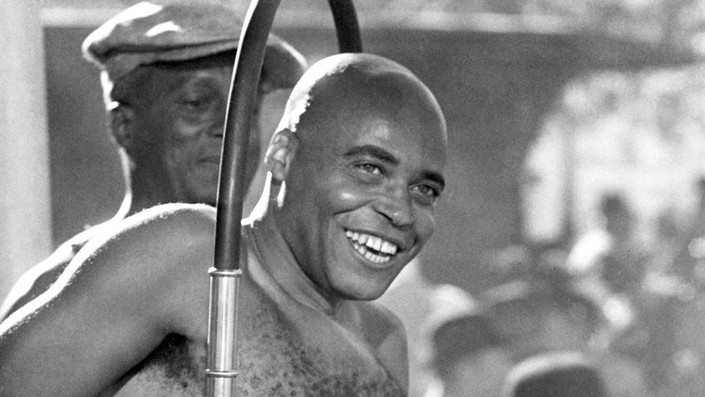Remembering Iconic Sports Film Roles of James Earl Jones 0
The recent death of acting legend James Earl Jones at the age of 93 has rightfully led to many tributes of his movie legacy and his many iconic roles. While he is perhaps best known for serving as the voice of Darth Vader in the Star Wars films and as the legendary Mufasa in The Lion King, Jones made an indelible impact on the sports film genre, bringing gravitas and heart to roles that explore the themes of determination, legacy, and overcoming adversity. His rich baritone voice lent itself not only to some of the most famous roles in cinema but also to unforgettable performances in sports movies, where his characters often embody wisdom, authority, and quiet strength.

Jones’ sports film roles are more than just performances—they are cultural landmarks that have shaped how sports stories are told on the big screen. Here is a look at his most notable roles in sports films and how they have contributed to the legacy of both the actor and the genre.
1. “The Great White Hope” (1970) – Jack Jefferson
James Earl Jones first garnered widespread attention for his role in the 1967 stage production of The Great White Hope, which was adapted into a film in 1970. Jones portrayed Jack Jefferson, a character based on the real-life boxing legend Jack Johnson, the first African American world heavyweight boxing champion. This role earned Jones an Academy Award nomination for Best Actor, a rare achievement at the time for an African American actor.
The Great White Hope is not merely a sports film—it is a powerful drama that explores racial tension, identity, and the struggles of a black man fighting to assert his dominance in a sport dominated by white men. As Jefferson, Jones delivered a ferocious yet nuanced performance, blending physicality with deep emotional conflict. Jefferson’s battle in and out of the boxing ring symbolizes a larger struggle against societal oppression, and Jones masterfully captures the complexity of a man forced to fight both for his title and his dignity.
Read the rest of this entry →


